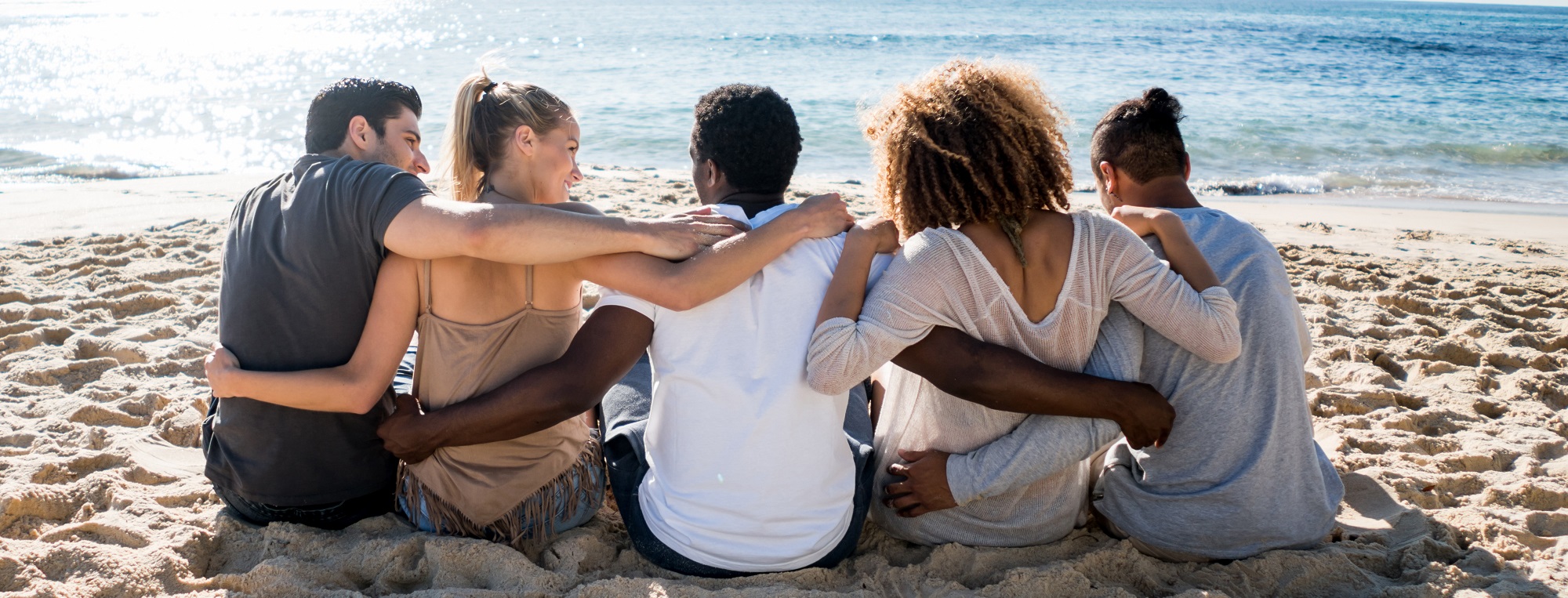Welcome to our combined November/December edition of Breaking Free. As we head towards the end of a challenging year, we are still facing a degree of uncertainty with more COVID-19 news. This continued uncertainty is stressful and the holiday season itself can bring additional pressures. In this edition we have included some information on self-care and caring for yourself during the holiday season. We also offer some guidance on how to ‘say no’. Often we feel pressured and obligated to take part in activities that we don’t feel comfortable about. We hope the ideas we are sharing can support you to navigate your way through the holiday season.
In addition, we have provided an article about Adverse Childhood Experiences, which have impacted a large number of people who receive Breaking Free. This article includes links to a range of valuable resources, as well as a new perspective around ACEs – the Number Story.
If you would like to speak to one of our counsellors during this time please call:
Blue Knot Helpline and Redress Support Service on 1300 657 380 Monday – Sunday between 9am – 5pm AEDT.
The National Counselling & Referral Service – Disability will also be open and can be contacted on 1800 421 468 9am – 6pm AEDT Monday – Friday, and 9am – 5pm AEDT Saturday, Sunday and public holidays.
Our Helplines will be open right through the holidays. Please however note that the Blue Knot Office – administration will be closed from 25/12/21 to reopen on 10/01/22.
This year has also been an amazing year of achievements for Blue Knot despite the challenges. Our 2020/21 Annual Report showcases the programs, services and activities that Blue Knot has provided throughout the year. It is included in this edition for your perusal. This report is testament to the commitment of an incredible team at Blue Knot and also to the real difference we are honoured to make in people’s lives every day. We have also included news from our AGM and board, as well as opportunities to participate in research and also the Commission of Inquiry into the Tasmania government’s response to child sexual abuse in institutional settings.
As always, we are grateful for the support we have received – many kind messages through email, social media and our Helpline services. Community support is invaluable in helping us help more survivors heal. To this end we have included a short introduction to Doing Good Rewards – an easy way of providing support when you shop. One very big thank you to all our supporters this year and always.
Take care,
From the Blue Knot team








